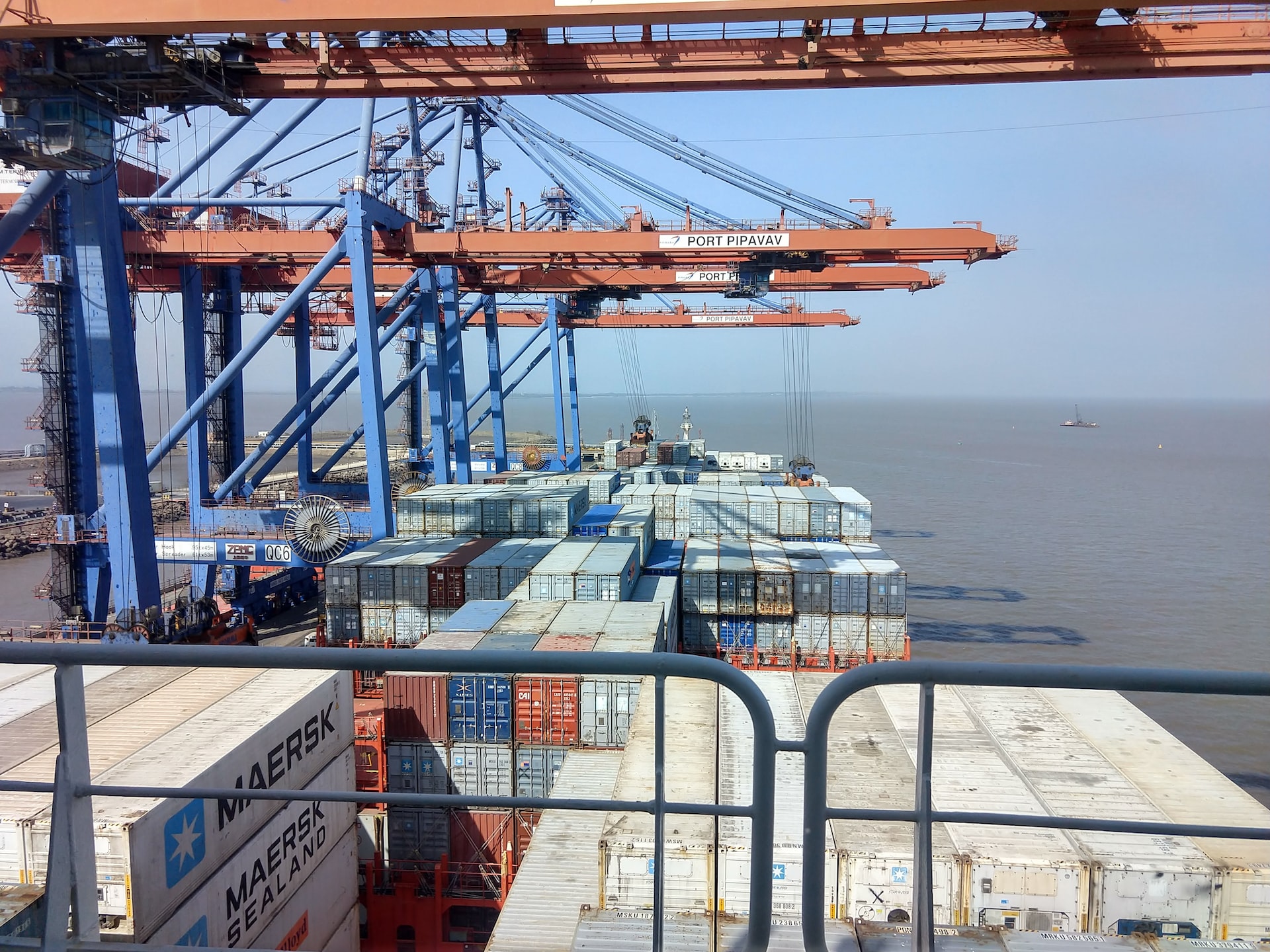One Nation’s Brain Drain is Another’s Gain
The relocation of highly skilled workers from their countries of origin to developed economies is termed as ‘brain drain’. Key factors attributed to this trend are prospects of better living standards, quality of life, higher wages, technology access and a stable political climate. The majority of brain drain is from developing to developed countries.
US is the largest international student host; India is the largest source
As many as 753,000 Indian students travelled abroad in 2018, making India the second highest source of international students globally. The leading destinations sought out were the US, which hosted 211,703 Indian students. This was followed by Canada, Australia, Saudi Arabia and the UAE, which cumulatively hosted over half a million students of Indian origin.
The choice of destination is largely driven by work opportunities – both during and after their study tenures. The preference to study overseas will likely continue to grow because India has a young population with many in the college going age bracket. In addition, intense competition for securing acceptance from leading universities at home have also led to many seeking options abroad. Destination choice is closely linked to work opportunities, both during study and after graduation
Between the spectrum of highly skilled and construction site workers, there were approximately 272 million migrants in 2019, which was a sizeable increase from an estimated 221 million in 2010. Migrants now make up about 3.5 percent of the global population. These numbers represent skilled workers too and going by trends, it seems brain drain has made steady gains.
Are countries enacting policies to stem the brain drain? Are there possible upsides to this occurrence?
India did enact steps to contain its brain drain
During the 1960’s, Indian universities were producing top talent who inevitably looked overseas when they realized the avenues for higher research or study were limited at home. Most doctoral aspirants headed to the US and never returned. At the time, the brain drain phenomenon was recognized and one noted policymaker even suggested taxing such students in their country of residence. This was to be labelled the “Bhagwati Tax” but the plan was never implemented.
In more recent times, Devang Khakhar, director of IIT Bombay, asserted that there were Ph.D. scholars consciously choosing to return to India. The primary reason for this change in mindset was hiring of academics who were working as faculty in educational institutions abroad. Often, they were alumni of IIT, Bombay.
Brain drain but remittances gain?
Developed nations such as the US, UK, France, Germany and Singapore have successfully attracted top talent from across the world. Their renowned universities and research facilities are often a draw for global students and in many instances, the graduates become part of that country’s workforce. The raging debate—that casts attention on this sphere—argues on one side that governments in students’ countries of origin often offer scholarships or grants to exceptional performers. These high achievers then make their way to overseas educational facilities to further their studies and continue to stay on. Obviously, the long term government investment by the host country will have benefitted another nation altogether. But then again, the other side of the argument—and which also holds firm weight—is centred around remittances received by the countries of origin from their workers abroad.
India is the highest recipient of remittances – which in 2018 totalled US$79 billion according to World Bank estimates. In this regard, India was ahead of China, the Philippines and Mexico. It must also be highlighted that this figure was several times higher than its national education budget. Just as the host nation benefits, so too does the country of origin.
UK universities lost out when post-study work permit rules were revised
The UK government announced in 2012 that it was withdrawing the provision for a post-study work permit for all international students enrolled in its universities. There was an immediate decline in international student enrolments – resulting in a major monetary setback to UK universities. International students account for 50 percent of all full-time postgraduate students in science, technology, engineering and mathematics in the country.
So while the host nation makes efforts to secure local jobs for locals, these international students will likely seek out a different shore leaving a dent in education revenue. The UK’s loss was actually Australia’s gain. While the country of origin would still receive GDP contributions in the form of remittances regardless of host country of its citizens, individual steps—such as the one enacted by the UK—was a clear shot in the foot for its educational centers and by association, the education industry as an aggregate.
Governments can foster ecosystem growth in origin countries
With an increasing tendency for nations to embrace protectionism and with an inward focus assuming center stage, governments will have to prioritize on fostering innovation ecosystems to attract their ambitious students to consider higher learning within the country. If educational centers are upgraded, if conducive economic policies are instituted and should higher value jobs be created with firm resolve, the brain drain tide can be stemmed. It is also interesting to note that while there is much rhetoric in advanced economies to bring manufacturing and jobs ‘home,’ global leaders are leaving no stone unturned in touting their country’s education prowess to students who are often from these countries that are manufacturing hubs.
UK Prime Minster Boris Johnson even suggested that the UK must offer a “best-in-class student visa offer” and extend the duration of a post-study work visa from the current two years to four years in total. Importing foreign manufactured goods is sure coming under fire, but attracting top international talent remains a key policy for most advanced economies.




